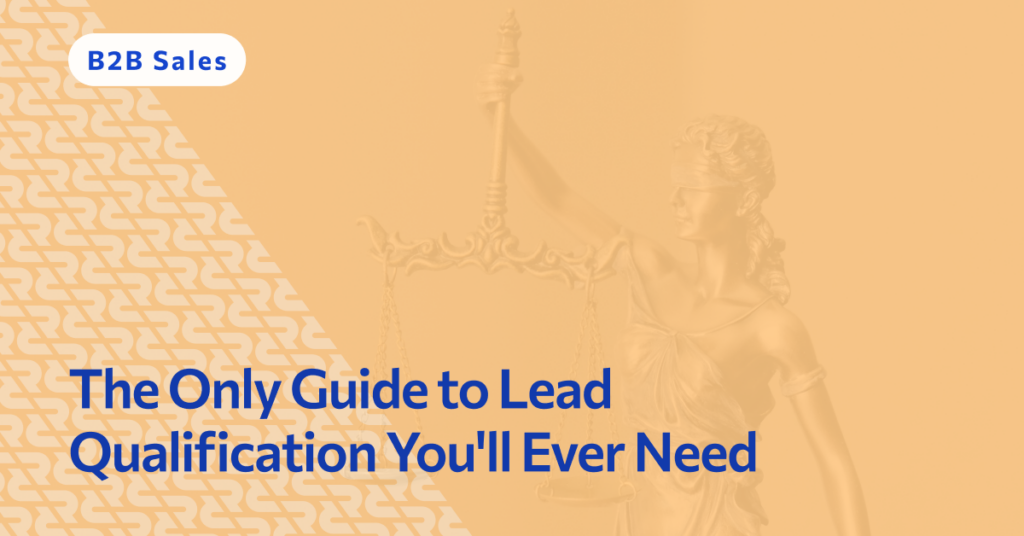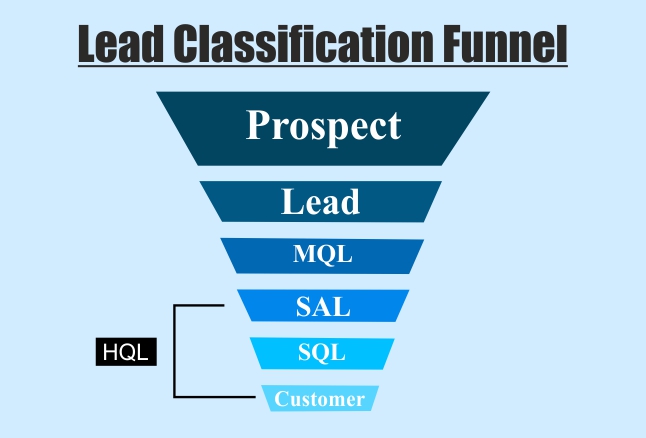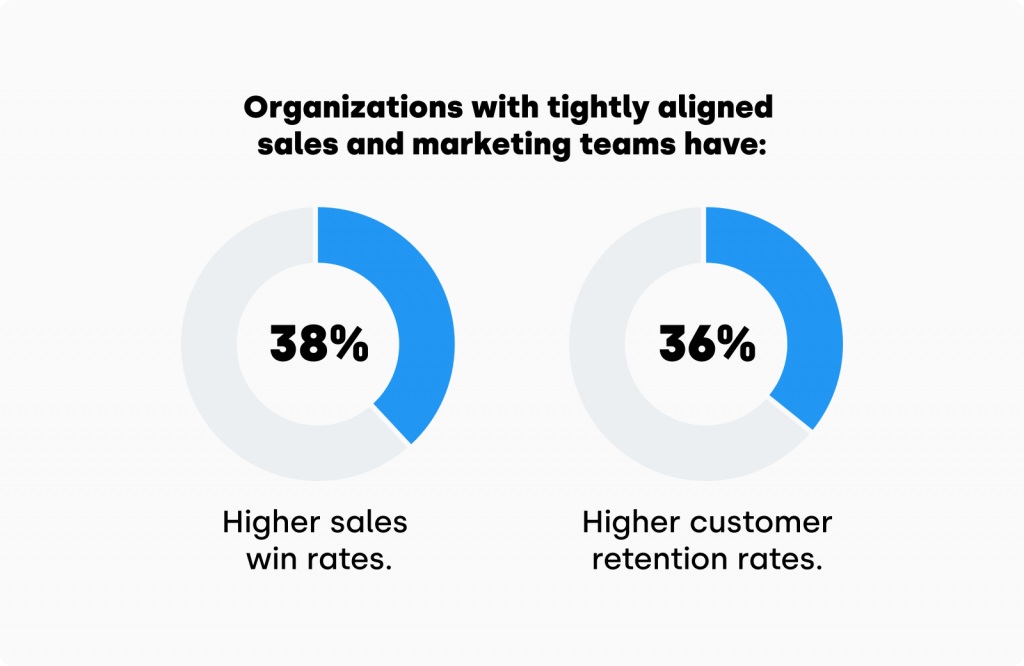The Only Guide to Lead Qualification You’ll Ever Need

There’s no getting around it — sales reps have more work to do than they have time to do it. While this isn’t a new challenge in the B2B world, it’s been compounded in recent years by marketing automation and other technologies that enable lead generation at scale. Lead quality is essential to sales performance, and today a formal lead qualification process is required to achieve it.
In the sections that follow, we’ll cover the basics of lead qualification, its business benefits, and steps to implementing a lead qualification strategy at your company.
Quick Takeaways
- Leads are typically categorized as marketing qualified, sales accepted, and sales qualified.
- A strong lead qualification strategy saves time and money and aligns marketing and sales teams (among other benefits).
- It’s important to have a dedicated lead qualification team to maintain consistent qualification standards.
- CRM tools automate parts of the lead qualification process and provide a single source of truth around your pipeline.
What is lead qualification and what is it important?
Lead qualification is the process of screening leads for suitability and readiness before moving them to the next stage of the pipeline. The goal of lead qualification is twofold: reduce the time spent on leads unlikely to convert, and increase the conversion rate for those that are.
Implementing a lead qualification process involves a number of tactics and strategies, such as:
- Defining criteria and categories used to evaluate leads
- Implementing an automation tool to collect and analyze lead data
- Building a lead scoring model to support qualification
- Aligning marketing and sales teams to move leads down the pipeline
These are just some examples. We’ll explore these (and other) steps in more detail in a later section. For now, let’s go over the different types of qualified leads:
- Marketing Qualified Lead (MQL) – A lead that fits your ideal customer profile and has potential to convert.
- Sales Accepted Lead (SAL) – A lead forwarded from the marketing team and accepted by the sales team using a defined action. Marketing and sales agree this lead has high potential.
- Sales Qualified Leads (SQL) – A lead that both fits your ideal customer profile and shows high interest in making a purchase.

The “HQL” in the image above stands for “high quality lead” — one worth pursuing by the sales team. After leads move through sales acceptance and qualification, the next step is closing the deal.
What are the benefits of lead qualification?
Saves time and money
Without a lead qualification strategy in place, your salespeople are likely to spend much of their time chasing leads that will never convert. To be clear, that’s time not spent earning you revenue. On the other hand, with lead qualification implemented, you can allocate employee time and your financial resources to the right leads, driving higher sales and revenue growth.
Helps you understand prospects better
The lead qualification process can provide insights that help you understand your prospects better and align your strategies to their needs. For example: say you generate many leads that fit one of your buyer personas, but they rarely make it past the MQL stage.
You might ask yourself: why aren’t leads within this persona showing buyer intent?
The answer could be a number of things. Perhaps they aren’t getting the right follow-up after showing initial interest. Maybe they’re choosing a competitor whose messaging resonates better. Or, maybe you need to go back and revisit whether the persona was accurate in the first place.
Without lead qualification, your sales team may have wasted time pursuing these low-potential leads before they were ready to buy. At the same time, you never would have known how to make adjustments to your strategy to address this conversion challenge.
Aligns marketing and sales teams
Marketing and sales alignment is about more than just building a team culture — it truly drives sales results. Companies with aligned marketing and sales teams experience 38% higher win rates and 36% higher retention rates than those executing siloed efforts.

With lead qualification in place, your marketing and sales teams communicate more regularly and naturally become more aligned around the lead management process.
Informs marketing strategies
Analyzing lead qualification data can show you the attributes and sources showing the highest potential. You can then use this information to focus your marketing strategies and attract more of these leads.
How do you implement an effective lead qualification process?
Have a dedicated team
Lead qualification is time-intensive, even with the support of a CRM and other automation tools. To execute effectively, at scale, and with consistent standards, create a team of marketing and sales professionals dedicated to qualification. These roles can be specifically created to handle lead qualification, or qualification can be rolled in with other functional responsibilities.
Clearly define your lead criteria
You can’t perform lead qualification without knowing what an ideal lead looks like for your business. Use the ideal customer profile (ICP) and buyer persona frameworks to determine the type of customers that would benefit most from your offerings.
Then outline the behaviors, actions, and attributes that qualify someone in the MQL and SQL categories. Clearly defining lead criteria helps your marketing and sales teams qualify leads consistently and accurately.
Use lead scoring
Lead scoring is a method of ranking leads using numerical values that indicate its likelihood of converting. Values are assigned based on predetermined criteria, typically developed using data from CRMs, web analytics, and other sources of customer data.
The primary goal of lead scoring is to continuously prioritize the highest-potential leads. Scoring can be used in conjunction with lead qualification to rank leads within each category for optimal prioritization and lead management.
Use a CRM tool
Your CRM system serves as your central source of truth for lead status (and really any data you need about the state of your pipeline). It provides real-time updates on pipeline movement and built-in frameworks for processes like lead qualification and scoring.
Using a CRM significantly reduces human error in your lead qualification process and ensures leads don’t get lost in the hand-off between marketing and sales.
Over to You
Ready to generate more qualified leads for your business? RevBoss’s outbound email software and lead generation services are custom-built for startups, consultancies, marketing agencies, and other B2B organizations.
Schedule a quick call with us and find out how we can help you win more clients.
